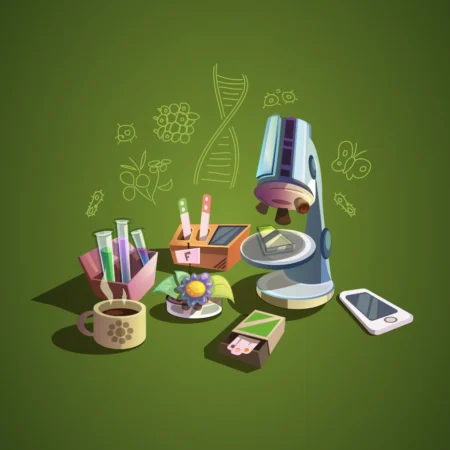Browsing: Organs
Organs are specialized structures within multicellular organisms that perform distinct and vital biological functions. Each organ is typically made up of different types of tissues that work together in coordination to achieve a specific task. For instance, the heart is composed of muscle tissue that contracts to pump blood, connective tissue that supports structure, and nervous tissue that regulates heartbeat. This collaboration of tissues enables organs to carry out complex activities that single cells or tissues alone could not manage efficiently.
Organs are the building blocks of organ systems, and each one plays a critical role in maintaining the organism’s overall health and stability. The lungs facilitate gas exchange, the kidneys filter blood, the liver metabolizes nutrients, and the brain orchestrates thoughts, emotions, and bodily control. Despite their diverse roles, organs are interdependent—failure or dysfunction in one can impact the performance of others. This intricate web of cooperation underlies the remarkable resilience and adaptability of living organisms.



